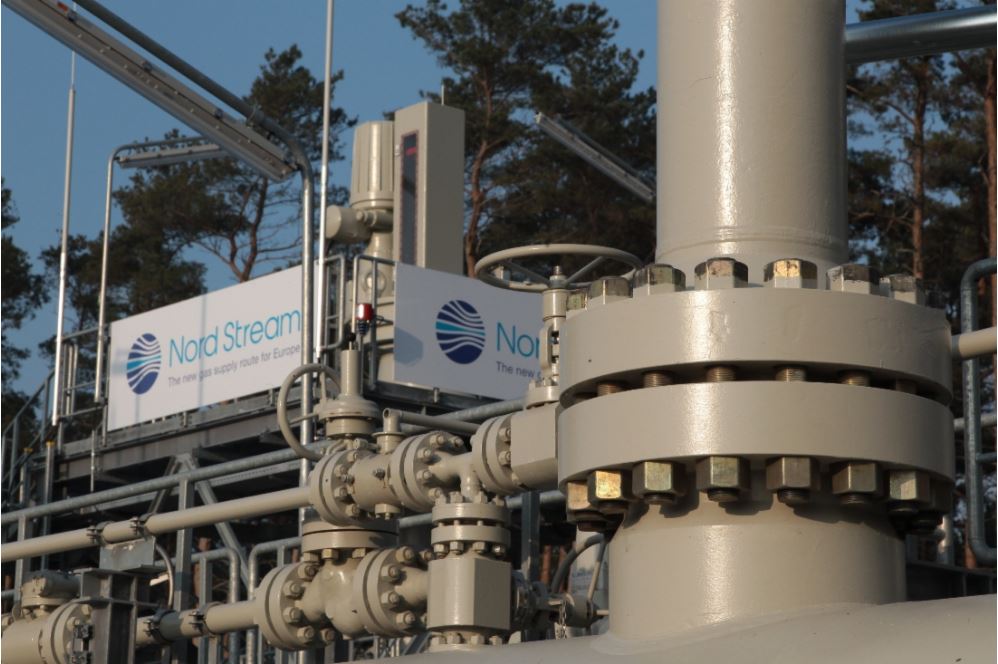The United States has imposed new sanctions on several Russian-based companies involved in the Nord Stream 2 gas pipeline, including new sanctions on the project's operator - Nord Stream 2 AG, Reuters reported on December 18, citing information from the US State Department.
The US State Department's statement emphasized the re-imposition of sanctions on a number of businesses and organizations involved in the construction of the Nord Stream 2 pipeline as well as the new owners of the sanctioned vessels.
Russia-based maritime and water transport services, a state-owned maritime rescue agency and more than 10 vessels were hit with sanctions in the latest US sanctions package.
Nord Stream 2 AG - the operator of the Nord Stream 2 pipeline project - and a Russia-based insurance company that provides insurance to companies involved in the pipeline project are also subject to sanctions.
The United States remains opposed to Nord Stream 2 and efforts to revive the project, US State Department Deputy Spokesperson Vedant Patel noted.
“We will continue to work and ensure that Russia can never weaponize its energy resources and energy positioning for political gain,” said Vedant Patel.

Nord Stream 2, controlled by the Russian state, is being built in the Baltic Sea to bring Russian gas to Germany. Nord Stream 2, along with the Nord Stream pipeline, exploded on September 26, 2022. At the time of the sabotage, the Nord Stream 2 pipeline was not yet in official commercial operation but still contained gas.
Even before the Russia-Ukraine conflict broke out in February 2022, Washington opposed Nord Stream 2 because the pipeline would prevent Russian gas from passing through Ukraine, causing Kiev to lose billions of dollars in transit fees.
Before the conflict in Ukraine, the Nord Stream pipeline supplied about 35% of all Russian gas imports to the European Union. However, before the Nord Stream sabotage incident, Russia had suspended gas supplies indefinitely, citing "maintenance" as the reason.
In the years since the Russia-Ukraine conflict broke out, the EU has made efforts to wean itself off its dependence on Russian energy supplies, including buying more liquefied natural gas from the United States and other suppliers, devoting more resources to nuclear power and building more regasification stations, among other measures.











